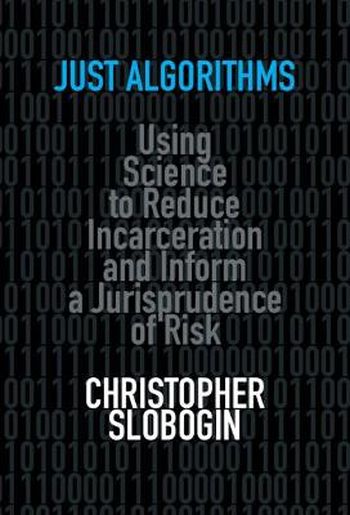
Statistically-derived algorithms, adopted by many jurisdictions in an effort to identify the risk of reoffending posed by criminal defendants and offenders, have been lambasted as racist, de-humanizing, and antithetical to the foundational tenets of criminal justice. Just Algorithms argues that these attacks are misguided and that, properly regulated, these tools can be a crucial means of safely and humanely dismantling our massive jail and prison complex. The book explains how risk algorithms work, the types of legal questions they should answer, and the criteria for judging whether they do so in a way that minimizes racial and other types of bias and respects human dignity. It also shows how risk assessment instruments can provide leverage for curtailing draconian prison sentences and the plea-bargaining system that produces them. Christopher Slobogin's insightful analysis ultimately develops principles that should govern the criminal justice system's consideration of risk in both pretrial and post-conviction settings.